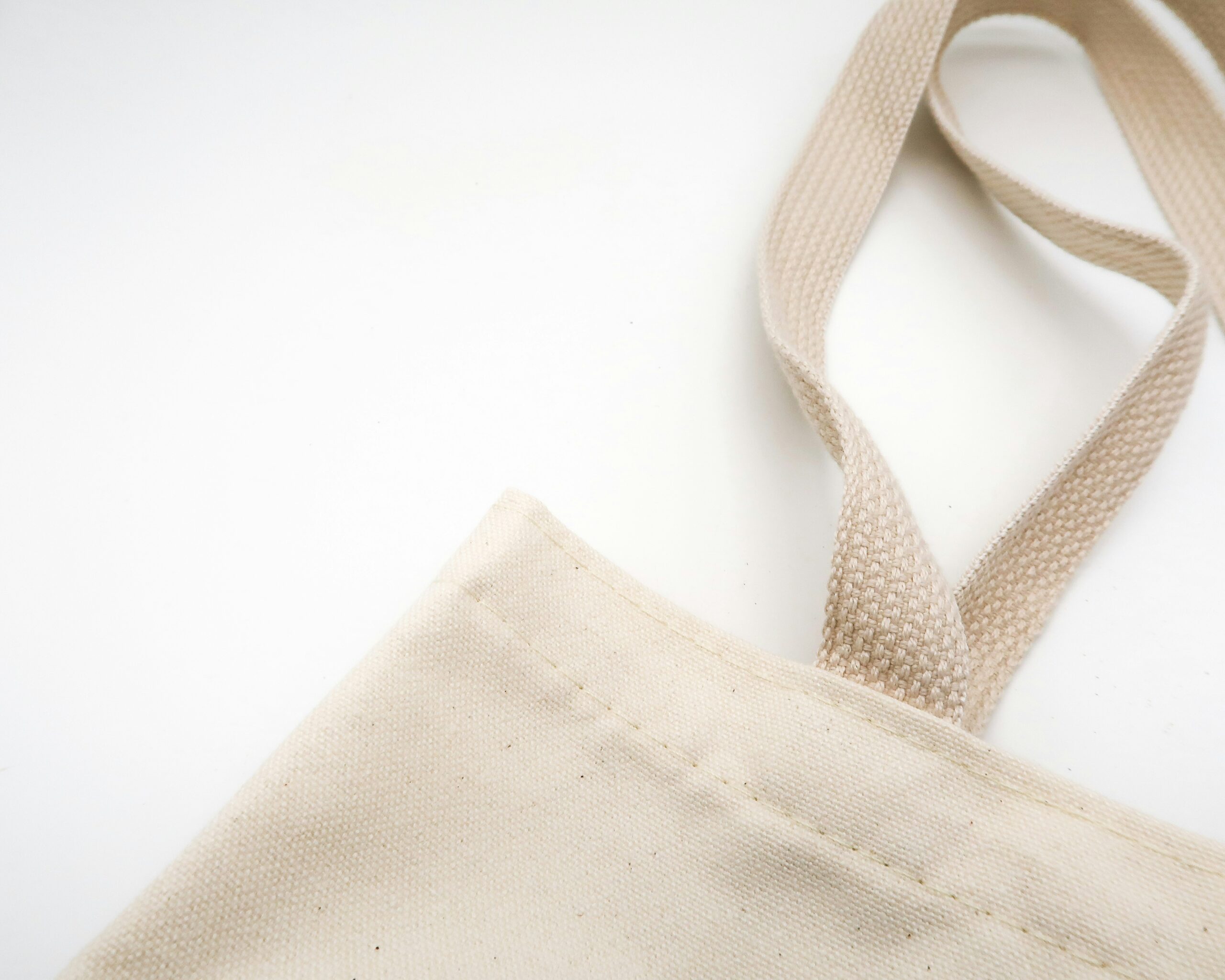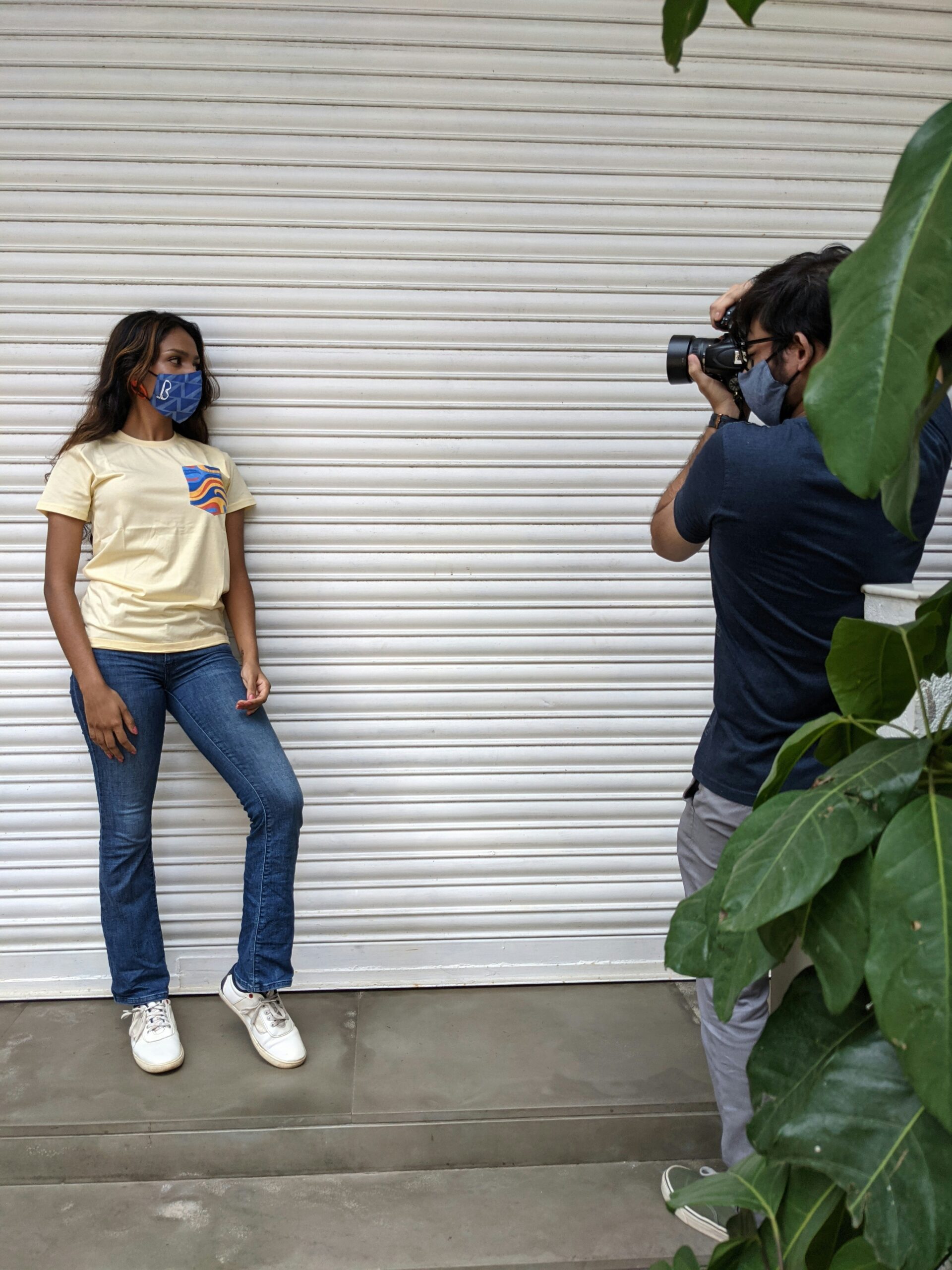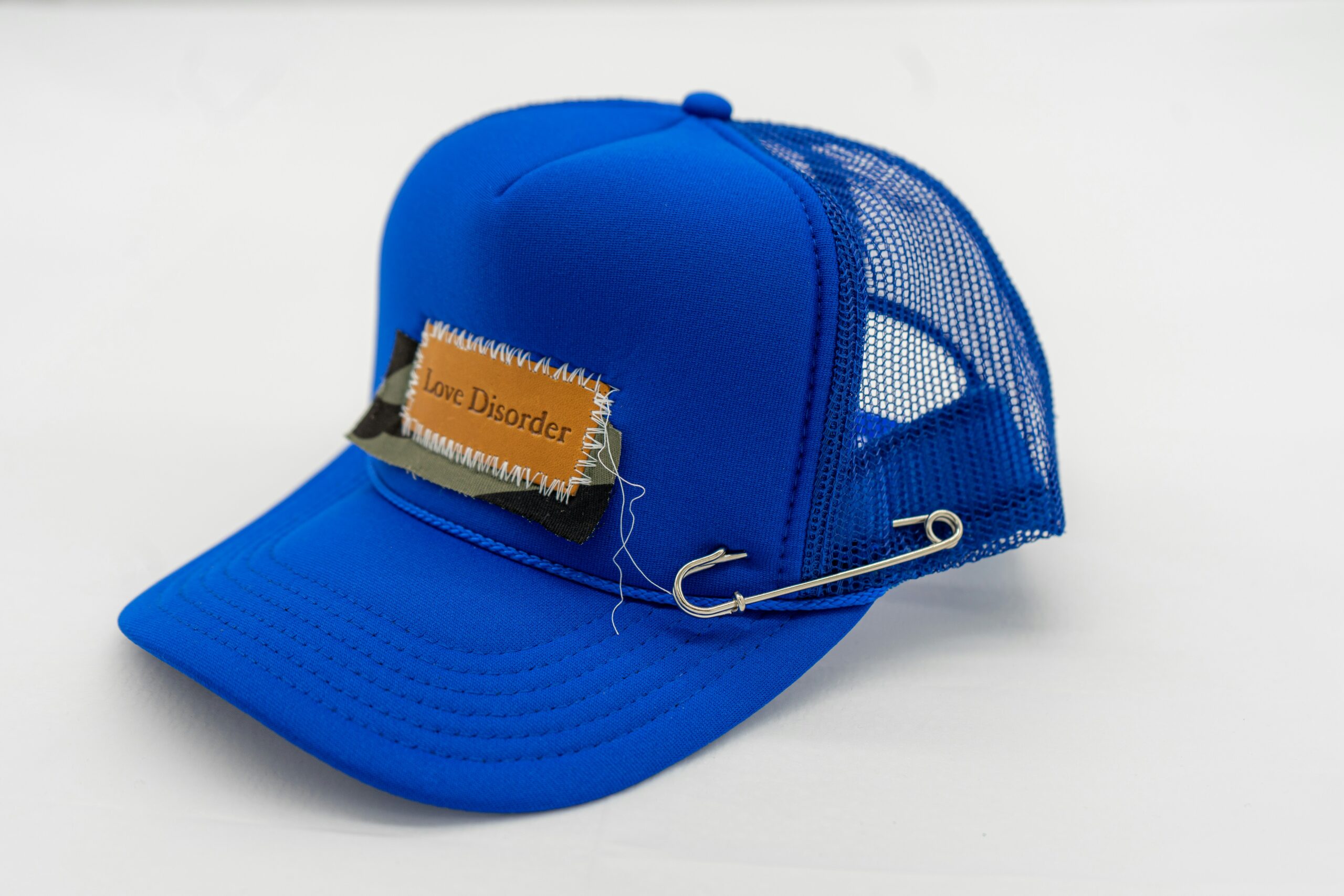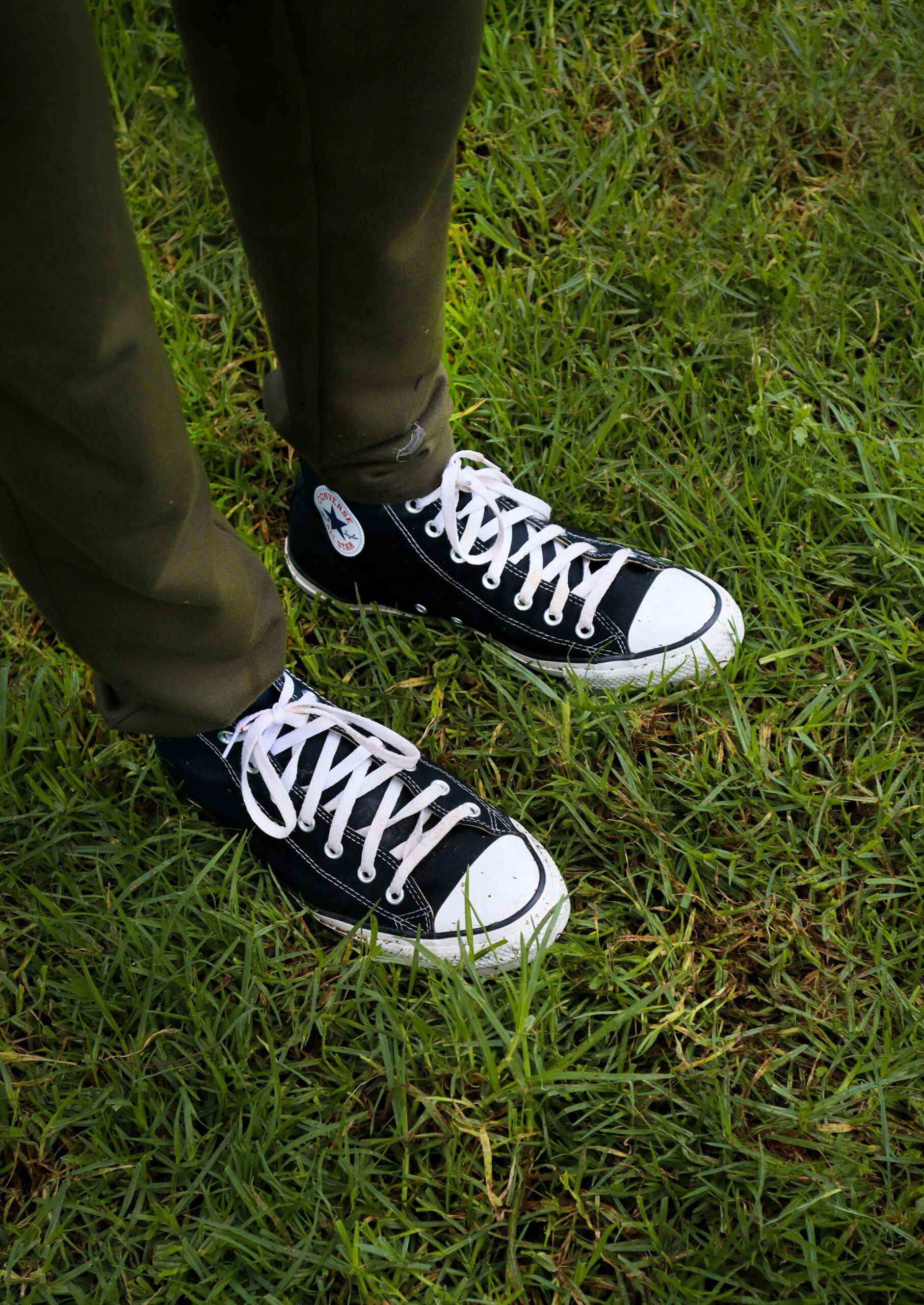Introduction to Sustainable Fashion
Sustainable fashion has emerged as a pivotal movement in the fashion industry, aiming to address the environmental and social ramifications of traditional fashion practices. Unlike conventional fashion, which often prioritizes rapid production and disposal, sustainable fashion emphasizes longevity, ethical production, and a minimal ecological footprint. This paradigm shift is fueled by growing consumer awareness and a collective desire to mitigate the adverse impacts of the fashion industry.
The traditional fashion industry is notorious for its extensive use of natural resources and its contribution to environmental degradation. According to a 2017 report by the Ellen MacArthur Foundation, the fashion industry accounts for about 10% of global carbon emissions and nearly 20% of wastewater. Furthermore, the practice of fast fashion—wherein clothing is produced rapidly and sold at low prices—exacerbates these issues by encouraging a cycle of overproduction and overconsumption. This not only leads to significant waste but also strains natural resources.
In contrast, sustainable fashion seeks to create clothing that is both eco-friendly and socially responsible. This includes using recycled materials, such as all-over print recycled unisex hoodies, which not only reduce waste but also conserve resources. The benefits of recycled fabrics are substantial; they cut down on water usage, lower greenhouse gas emissions, and divert waste from landfills. A study published in the Journal of Cleaner Production found that recycled polyester, for example, can reduce energy consumption by up to 70% compared to virgin polyester.
Consumers are increasingly drawn to eco-friendly fashion due to its positive impact on the planet and its ethical implications. Brands that embrace sustainable practices are gaining popularity, as they align with the values of a growing segment of conscientious consumers. This shift is not merely a trend but a necessary evolution in the fashion industry, driven by the urgent need to address climate change and promote social equity.
What Makes a Hoodie Sustainable?
Sustainable fashion is an evolving paradigm that seeks to minimize the negative impacts of clothing production on the environment and society. One key aspect that makes a hoodie sustainable is the use of recycled materials. For instance, an all-over print recycled unisex hoodie often incorporates fabrics derived from post-consumer waste, like plastic bottles or old garments. This not only reduces the dependency on virgin resources but also diverts waste from landfills, contributing significantly to environmental conservation.
Ethical manufacturing practices are another crucial criterion. Sustainable hoodies are typically produced in facilities that adhere to stringent labor standards, ensuring fair wages, safe working conditions, and respect for workers’ rights. By prioritizing ethical manufacturing, companies mitigate the risk of exploitation and foster a more equitable industry.
Reducing the carbon footprint is integral to the sustainability of any garment. This involves optimizing the supply chain, utilizing energy-efficient machinery, and adopting eco-friendly dyeing techniques. By minimizing the carbon emissions associated with production, transportation, and distribution, sustainable hoodies contribute to mitigating climate change.
Fair labor practices go hand-in-hand with ethical manufacturing. Brands committed to sustainability often undergo rigorous audits to ensure compliance with international labor standards, which include prohibiting child labor, ensuring safe working environments, and providing fair compensation. These practices not only enhance the well-being of the workforce but also build consumer trust and brand loyalty.
Collectively, these factors create a comprehensive framework for sustainability in fashion. When a hoodie is crafted from recycled fabrics, produced under ethical conditions, and designed to minimize environmental impact, it embodies the principles of sustainable fashion. By prioritizing these criteria, consumers can make informed choices that support both the environment and social responsibility, fostering a more sustainable future.
The adoption of recycled fabrics in the fashion industry is crucial for advancing eco-friendly fashion initiatives. Recycled materials significantly reduce waste, conserve valuable resources, and minimize the overall environmental impact when compared to virgin materials. These benefits make recycled fabrics a cornerstone of sustainable fashion, offering a pathway to a more responsible and environmentally conscious industry.
One of the primary benefits of using recycled fabrics is the reduction of waste. By repurposing post-consumer and post-industrial waste, the fashion industry can mitigate the volume of textiles that end up in landfills. This practice not only extends the lifecycle of materials but also helps alleviate the growing issue of waste management. Additionally, recycling processes often consume less energy and water than producing new fabrics, leading to a considerable decrease in the carbon footprint of clothing production.
Moreover, recycled fabrics help conserve natural resources. For instance, recycling polyester from plastic bottles and other sources reduces the need for petroleum, which is a non-renewable resource. Similarly, recycled cotton reuses existing fibers, lessening the demand for fresh cotton production. This conservation of resources is vital for maintaining ecological balance and reducing the strain on the planet’s finite resources.
The environmental impact of recycled fabrics is also significantly lower compared to that of virgin materials. The production of new textiles often involves intensive agricultural practices, heavy pesticide use, and substantial energy consumption. In contrast, recycled fabrics, such as recycled polyester and cotton, require fewer raw materials and produce fewer greenhouse gas emissions. This reduction in environmental impact is a compelling argument for the widespread adoption of recycled fabrics in the fashion industry.
Common recycled fabrics used in fashion include recycled polyester, which is made from discarded plastic bottles, and recycled cotton, which is derived from pre-consumer waste like fabric scraps. These materials maintain the quality and durability of their virgin counterparts while offering substantial environmental benefits. By integrating recycled fabrics into products like the all-over print recycled unisex hoodie, the fashion industry can champion sustainability and promote a more eco-friendly approach to fashion.
Features of the All-Over Print Recycled Unisex Hoodie
The all-over print recycled unisex hoodie stands out in the realm of sustainable fashion due to its distinctive blend of style, comfort, and environmental consciousness. Its design is both aesthetically appealing and versatile, making it suitable for a variety of settings, from casual outings to relaxed indoor wear. The hoodie’s all-over print design adds a unique and vibrant touch, setting it apart from conventional apparel.
Comfort is a paramount feature of this hoodie, which is crafted to provide a cozy and snug fit. The use of recycled fabrics not only underscores its eco-friendly fashion credentials but also ensures that it is soft and comfortable against the skin. The hoodie is designed to be gender-neutral, offering a unisex fit that caters to a broad range of body types and preferences, making it an inclusive choice for consumers.
One of the most significant aspects of the all-over print recycled unisex hoodie is the types of recycled materials used in its construction. Typically, these hoodies are made from recycled polyester, which is derived from post-consumer plastic bottles and other recycled plastic items. This process not only reduces waste but also minimizes the environmental impact associated with producing new polyester. Additionally, some hoodies incorporate other recycled fibers, such as reclaimed cotton, further enhancing their sustainability profile.
Versatility is another defining feature of this hoodie. Its universal design and variety of prints make it a fashionable addition to any wardrobe, seamlessly blending with various styles and outfits. Whether you’re dressing up for a day out or lounging at home, this hoodie offers both practicality and a statement of eco-consciousness.
In essence, the all-over print recycled unisex hoodie embodies the principles of eco-friendly fashion. By choosing this hoodie, consumers are not only investing in a stylish and comfortable garment but also contributing to a more sustainable future.
Environmental Benefits of the Recycled Hoodie
Choosing an all-over print recycled unisex hoodie offers numerous environmental benefits that contribute significantly to sustainable fashion. One of the primary advantages is the reduction in water usage. Traditional cotton production is highly water-intensive, requiring approximately 2,700 liters of water to make a single t-shirt. In contrast, recycled fabrics repurpose existing materials, dramatically cutting water consumption. This conservation of water is crucial, especially in regions facing water scarcity.
Energy consumption is another critical area where recycled hoodies make a substantial impact. Producing new textiles demands considerable energy, primarily derived from non-renewable sources. By reusing existing materials, the energy required to produce recycled fabrics is significantly lower. According to a study by the Textile Exchange, recycled polyester requires 59% less energy than virgin polyester, showcasing the efficiency of utilizing recycled materials in apparel production.
Greenhouse gas emissions are a pressing concern in the fashion industry, contributing to climate change. The process of manufacturing new textiles emits a significant amount of carbon dioxide. However, recycled fabrics can mitigate this impact. For instance, producing recycled polyester generates 32% fewer greenhouse gas emissions compared to its virgin counterpart. This reduction is pivotal in lowering the overall carbon footprint of garment production.
Quantitative data underscores these benefits. A report by WRAP (Waste and Resources Action Programme) indicates that using one ton of recycled textiles can save up to 20 tons of CO2 emissions. Such figures highlight the substantial environmental savings achievable through recycled apparel. Additionally, the Ellen MacArthur Foundation notes that recycling 1 kilogram of cotton can save up to 65 kilowatt-hours of energy.
In embracing the all-over print recycled unisex hoodie, consumers are making a conscious choice to support eco-friendly fashion. This decision not only conserves essential natural resources but also promotes a more sustainable and responsible fashion industry.
Supporting Ethical Manufacturing
The All-Over Print Recycled Unisex Hoodie is not only a testament to sustainable fashion but also a beacon of ethical manufacturing practices. In an industry often criticized for exploitative labor practices and unsafe working conditions, this hoodie stands as a counterpoint, embodying fair labor and the ethical treatment of workers. Ensuring that every individual involved in the production process is treated with respect and provided with safe, equitable working conditions is paramount.
One of the fundamental aspects of ethical manufacturing is the adherence to fair labor practices. This involves guaranteeing fair wages, reasonable working hours, and the absence of forced or child labor. The producers of this recycled hoodie are committed to complying with these principles, ensuring that all workers are compensated fairly and work in humane conditions. This commitment significantly contributes to a positive work environment and overall worker well-being.
Additionally, the importance of safe working conditions cannot be overstated. In many parts of the fashion industry, workers are subjected to hazardous environments that pose significant health risks. The manufacturers of the All-Over Print Recycled Unisex Hoodie prioritize the safety of their workers by maintaining rigorous safety standards. This includes providing necessary protective equipment, ensuring machinery is well-maintained, and implementing comprehensive safety protocols.
To further solidify their commitment to ethical manufacturing, the hoodie complies with several internationally recognized certifications and standards. For instance, the Fair Trade certification ensures that products are made in adherence to fair labor practices, while the Global Organic Textile Standard (GOTS) guarantees that textiles are produced sustainably and ethically. These certifications provide consumers with the assurance that the hoodie aligns with high ethical standards, offering transparency and accountability in the production process.
By supporting ethical manufacturing, the All-Over Print Recycled Unisex Hoodie not only promotes eco-friendly fashion but also underscores the significance of responsible production. This approach not only benefits the environment but also fosters a more just and humane fashion industry.
Consumer Impact and Awareness
The choices consumers make significantly influence the fashion industry and the environment. As awareness of environmental issues grows, more individuals are recognizing the importance of sustainable fashion. By opting for eco-friendly clothing such as the all-over print recycled unisex hoodie, consumers can contribute to reducing waste and conserving resources. This hoodie, made from recycled fabrics, not only offers a stylish and versatile wardrobe addition but also underscores a commitment to sustainability.
Informed consumer choices can drive the fashion industry towards more sustainable practices. When customers prioritize eco-friendly fashion, brands are encouraged to adopt greener manufacturing processes and materials. This shift can lead to a substantial reduction in the environmental footprint of the fashion sector. For instance, recycled fabrics often require less water and energy to produce compared to conventional textiles, resulting in lower carbon emissions and less strain on natural resources.
Consumers can further support sustainable fashion by considering the following tips:
1. **Research Brands:** Look for brands that are transparent about their sustainability practices. Many companies provide information about their production methods, materials, and ethical standards on their websites.2. **Opt for Quality Over Quantity:** Investing in high-quality, durable pieces like the all-over print recycled unisex hoodie can reduce the frequency of purchases, thus minimizing waste.3. **Support Second-Hand and Vintage:** Buying second-hand or vintage clothing is an excellent way to reduce demand for new products and extend the life cycle of existing garments.4. **Care for Your Clothes:** Proper maintenance of clothing can extend its lifespan. Follow care instructions and consider eco-friendly laundry practices, such as using cold water and biodegradable detergents.5. **Promote Awareness:** Educate others about the benefits of recycled fabrics and sustainable fashion. Sharing knowledge can inspire more people to make environmentally conscious choices.
By making deliberate and informed decisions, consumers can play a pivotal role in fostering a more sustainable and responsible fashion industry.
Conclusion: Embracing Eco-Friendly Fashion
Sustainable fashion is not just a trend; it is a necessary shift towards a more responsible and eco-conscious way of living. The all-over print recycled unisex hoodie exemplifies this movement by combining style with sustainability. Throughout this blog post, we have explored the numerous benefits of recycled fabrics, including their reduced environmental impact and their role in minimizing waste. By choosing garments made from recycled materials, such as this innovative hoodie, we contribute to a more sustainable future.
Eco-friendly fashion offers a multitude of advantages. Not only does it help in conserving resources and reducing landfill waste, but it also supports ethical manufacturing practices. The all-over print recycled unisex hoodie is a testament to how fashion can be both stylish and sustainable. It provides an opportunity for individuals to make a positive impact on the planet without compromising on their personal style.
As consumers, our choices matter. By opting for eco-friendly fashion items, we send a powerful message to the industry about our commitment to sustainability. The all-over print recycled unisex hoodie is an excellent example of how we can integrate sustainable fashion into our everyday lives. It is a versatile and chic addition to any wardrobe, reflecting a conscious effort to support the environment.
We encourage you to take the next step towards a more sustainable wardrobe. Consider the all-over print recycled unisex hoodie as a starting point for your journey into eco-friendly fashion. By making more sustainable fashion choices, we can collectively contribute to a healthier planet and a brighter future. Let’s embrace the change and make a difference, one sustainable garment at a time.







